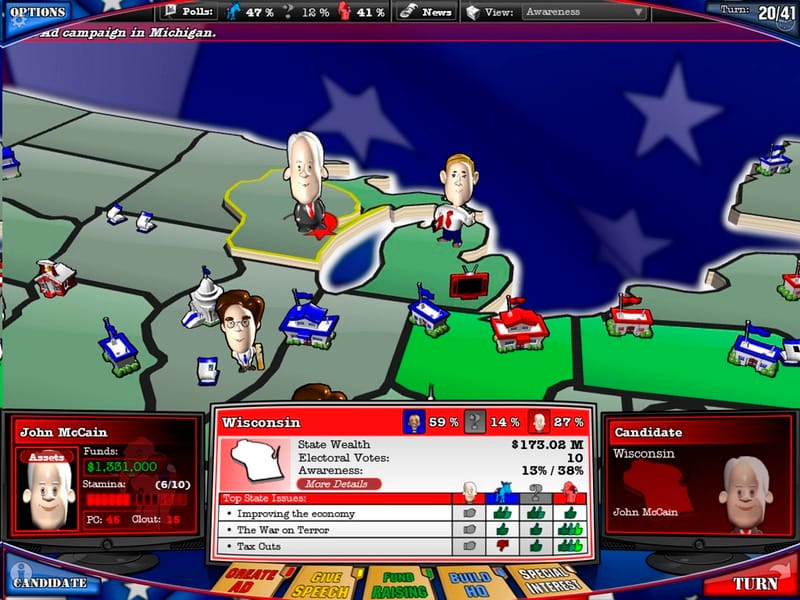As the business of videogames grows, legislators take note

Videogames, as we know, are a massive industry:
According to PricewaterhouseCoopers (PwC), a consulting firm, the global video-game market was worth around $56 billion last year. That is more than twice the size of the recorded-music industry, nearly a quarter more than the magazine business and about three-fifths the size of the film industry, counting DVD sales as well as box-office receipts (see chart below). PwC predicts that video games will be the fastest-growing form of media over the next few years, with sales rising to $82 billion by 2015.
Politicians are paying attention. The Australian government is acutely aware of gaming’s business potential and is creating tax incentives and broadcasting support for the industry. The Victorian Minnister for Innovation, Services and Small Business Louise Asher lauded the industry’s precence:
“The decision to choose Melbourne to hold PAX Australia represents a fantastic opportunity to highlight Victoria’s creative capabilities on a global scale,” Asher said. “This is a great opportunity to showcase the gaming culture in Australia to the rest of the world, while promoting the talented game developers and creative studios to an international audience.”
Michigan has created tax incentives for film production in its state, the UK is already doing it with videogames. Now Australia is getting on board. The U.S. might be loathe to start handing out money for games, especially after the Kingdoms of Amalur disaster of 2012, but tax breaks are a safer bet than directly investing in game companies.



